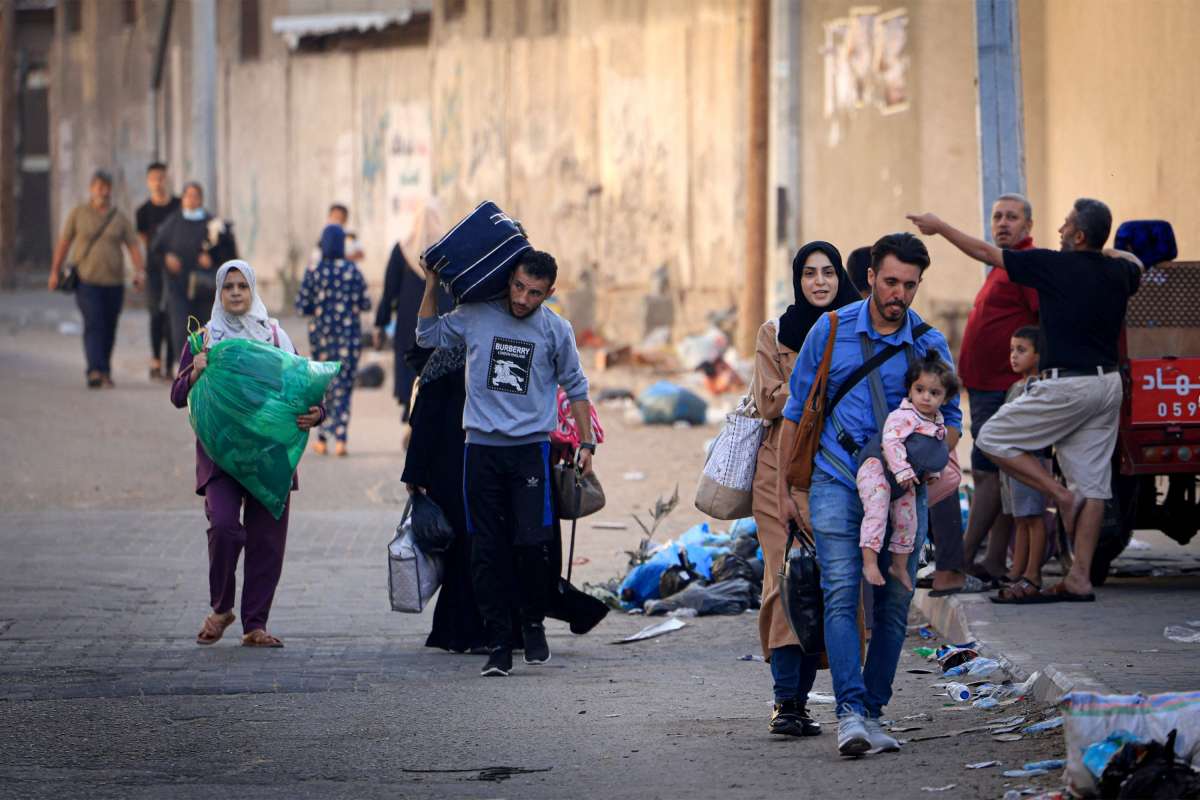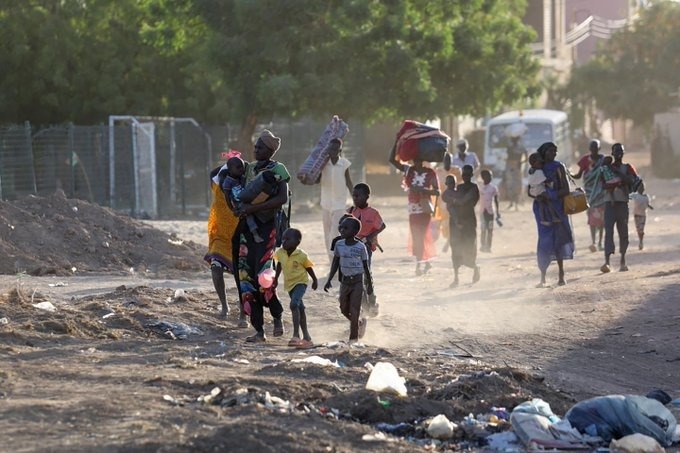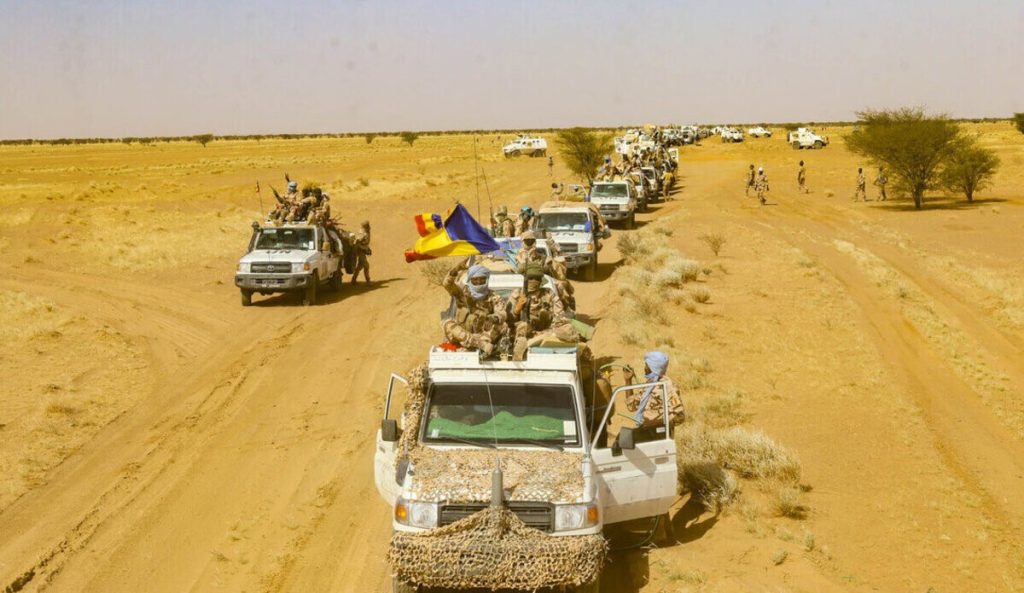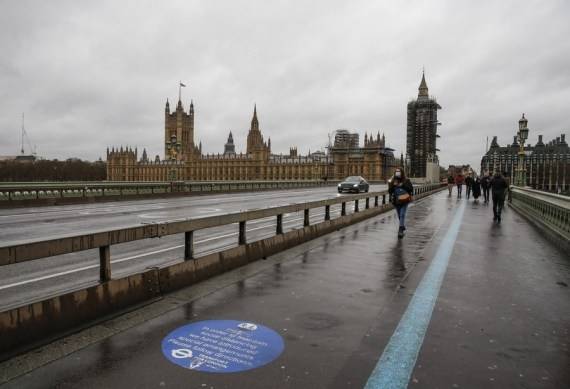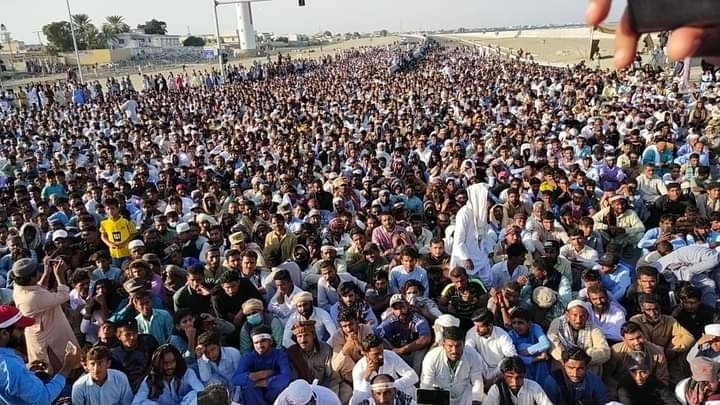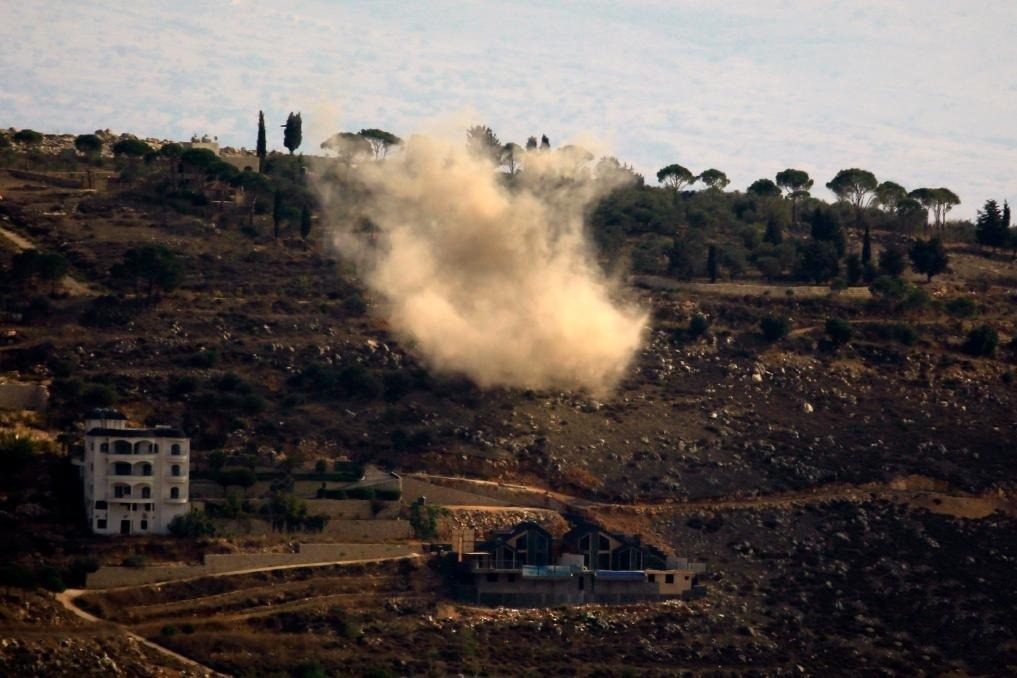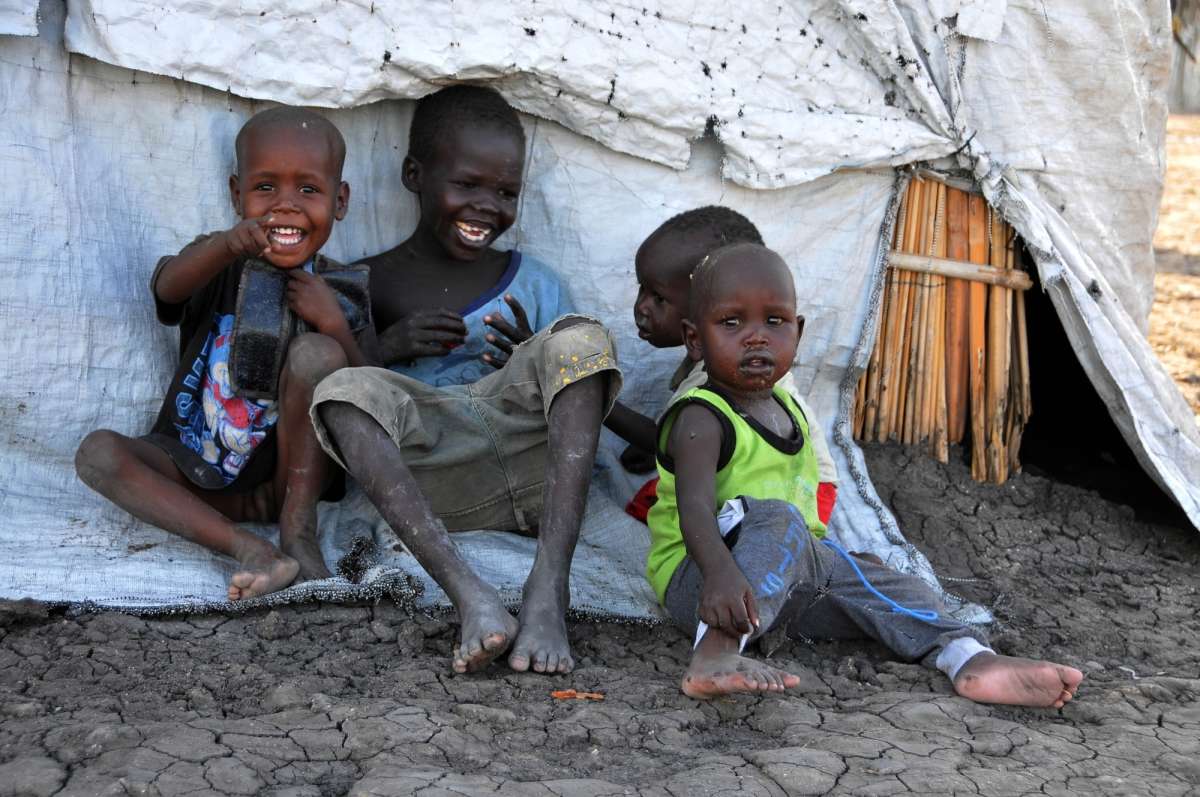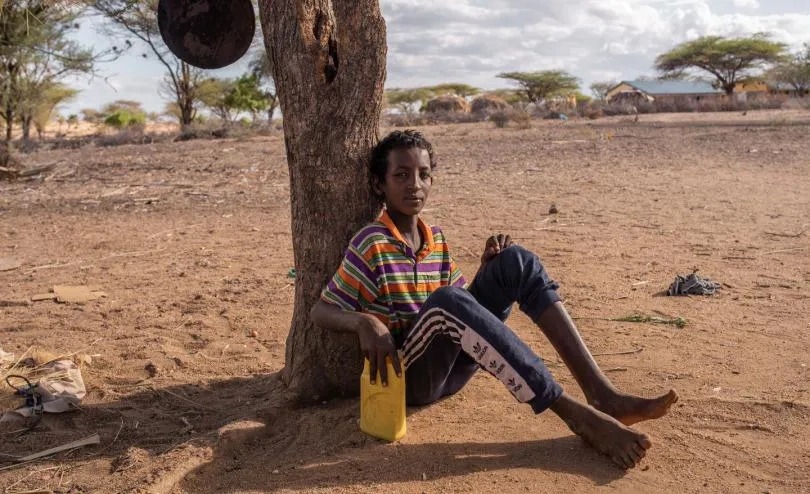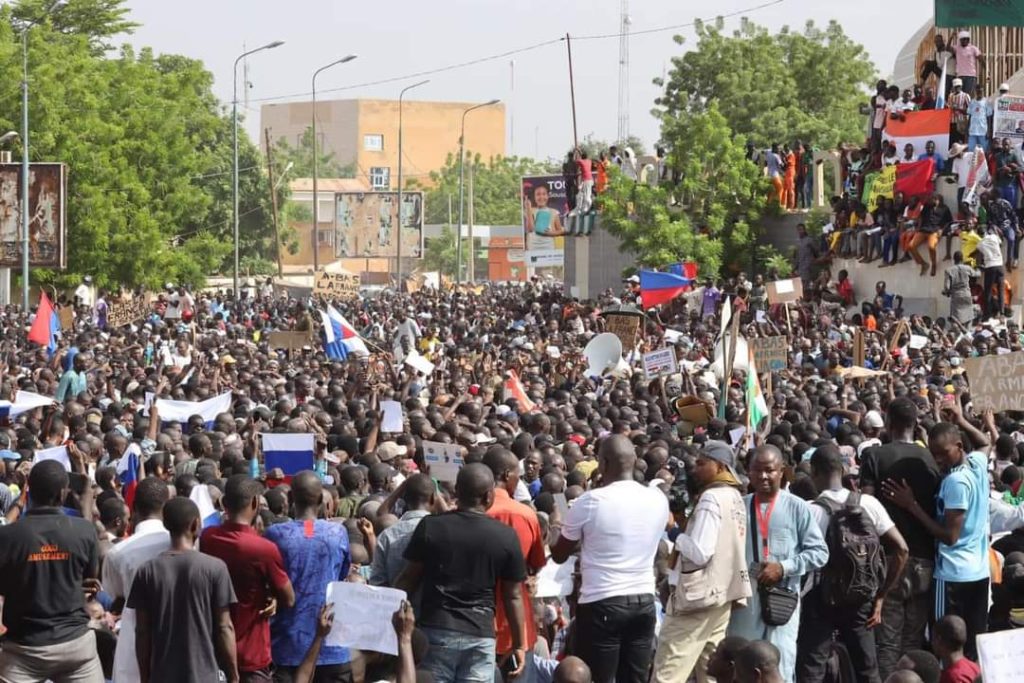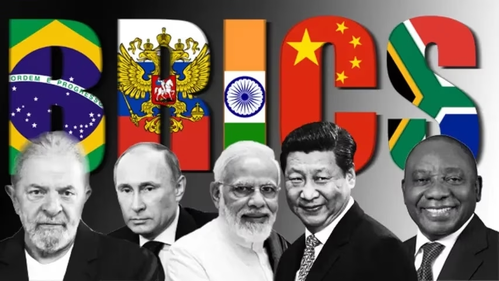While world population growth remains brisk, growing from 6 billion to 8 billion since the turn of the millennium, the rate has slowed since doubling between 1960 and 2000…reports Asian Lite News
The world population grew by 75 million people over the past year and on New Year’s Day it will stand at more than 8 billion people, according to figures released by the US Census Bureau on Thursday.
The worldwide growth rate in the past year was just under 1 percent. At the start of 2024, 4.3 births and two deaths are expected worldwide every second, according to the Census Bureau figures.
The US growth rate in the past year was 0.53 percent, about half the worldwide figure. The US added 1.7 million people and will have a population on New Year’s Day of 335.8 million people.
If the current pace continues through the end of the decade, the 2020s could be the slowest-growing decade in US history, yielding a growth rate of less than 4 percent over the 10-year-period from 2020 to 2030, said William Frey, a demographer at The Brookings Institution.
The slowest-growing decade currently was in the aftermath of the Great Depression in the 1930s, when the growth rate was 7.3 percent.
“Of course growth may tick up a bit as we leave the pandemic years. But it would still be difficult to get to 7.3 percent,” Frey said.
At the start of 2024, the United States is expected to experience one birth every nine seconds and one death every 9.5 seconds. However, immigration will keep the population from dropping. Net international migration is expected to add one person to the US population every 28.3 seconds. This combination of births, deaths and net international migration will increase the US population by one person every 24.2 seconds.
While world population growth remains brisk, growing from 6 billion to 8 billion since the turn of the millennium, the rate has slowed since doubling between 1960 and 2000.
People living to older ages account for much of the recent increase. The global median age, now 32, has been rising in a trend expected to continue toward 39 in 2060.
Countries such as Canada have been aging with declining older-age mortality, while countries such as Nigeria have seen dramatic declines in deaths of children under 5.
Fertility rates, or the rate of births per woman of childbearing age, are meanwhile declining, falling below replacement level in much of the world and contributing to a more than 50-year trend, on average, of slimmer increases in population growth.
The minimum number of such births necessary to replace both the father and mother for neutral world population is 2.1, demographers say. Almost three-quarters of people now live in countries with fertility rates around or below that level.
Countries with fertility rates around replacement level include India, Tunisia and Argentina.
About 15% of people live in places with fertility rates below replacement level. Countries with low fertility rates include Brazil, Mexico, the U.S. and Sweden, while those with very low fertility rates include China, South Korea and Spain.
Israel, Ethiopia and Papua New Guinea rank among countries with higher-than-replacement fertility rates of up to 5. Such countries have almost one-quarter of the world’s population.
Only about 4% of the world’s population lives in countries with fertility rates above 5. All are in Africa. Global fertility rates are projected to decline at least through 2060, with no country projected to have a rate higher than 4 by then, according to the bureau.
Italy’s population drops below 59 mn
Meanwhile, Italy’s population continued to decline in 2022, dropping below 59 million people, the National Institute of Statistics (ISTAT) said.
The 59 million threshold was first exceeded in Italy in 2009, and in the following year the population reached 60.6 million for the first time in the country’s history, reports Xinhua news agency.
The latest census data released on Monday showed that 58,997,201 people resided in the country as of December 31, 2022, 32,932 less than a year earlier. The number of births broke a “negative record”, ISTAT said.
The country registered 393,000 births in 2022, equaling a birth rate of 6.7 per thousand population. This was almost 7,000 below the 2021 figure and 183,000 below the 2008 figure. Last year, the country registered an increase in births.
The number of babies born to non-Italian parents was 53,000 in 2022, making up 13.5 per cent of all newborns. “The decrease in population remains contained thanks to the positive dynamics of the foreign population,” ISTAT said.
The census included over 5.1 million foreign residents, with an annual increase of 111,000, or 2.2 per cent. Overall, foreign-born citizens accounted for 8.7 per cent of the total resident population.
Life expectancy at birth was estimated at 80.5 years for males and 84.8 years for females in 2022. Some 61.3 per cent of the country’s 7,904 municipalities lost population compared to 2021, ISTAT said.
A slight increase in population, however, was registered in 2,936 larger municipalities, which all together were home to over 28.3 million people.
ALSO READ-Gaza Population in Peril, Says WHO


